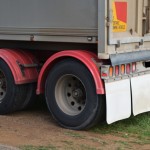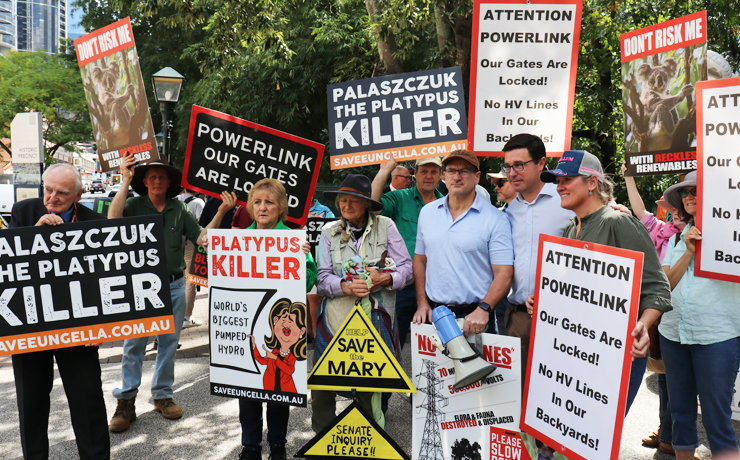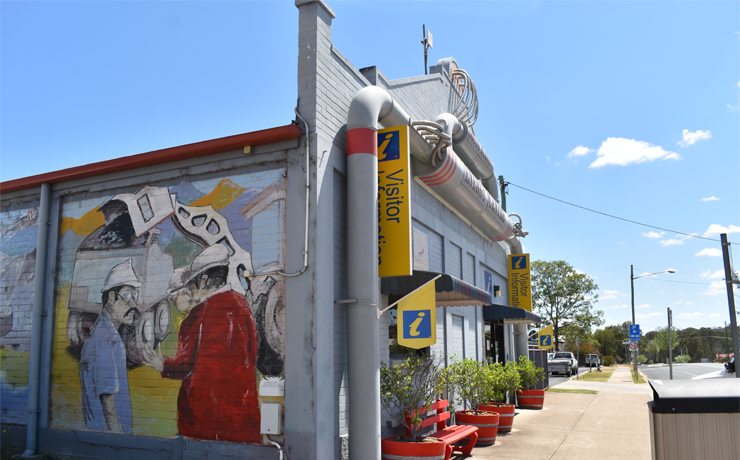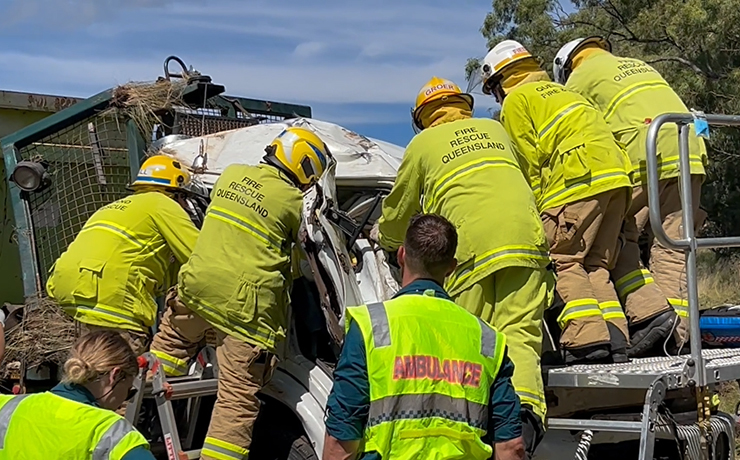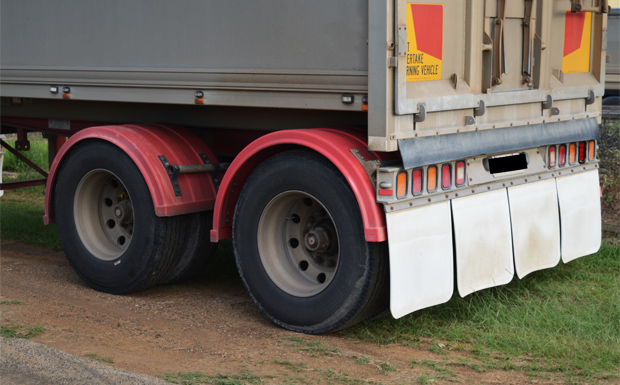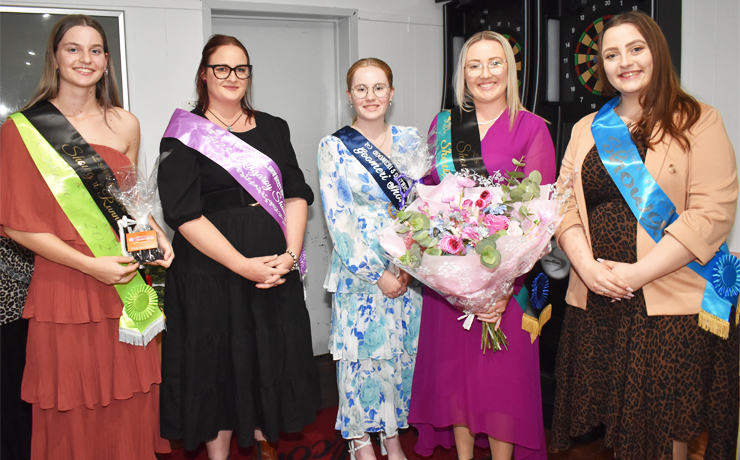
February 1, 2022
Queensland’s heatwave could see record demand for power today and tomorrow along the eastern seaboard.
The Australian Energy Market Operator (AEMO) has forecast a high risk of blackouts for Tuesday evening.
It has called for market participants to fill the shortfall predicted between 6:00pm and 7:00pm.
Energy Minister Mick de Brenni said power companies were working to reduce demand, with big industrial users being asked to reduce their use during the peak on Tuesday and Wednesday evenings.
“While we are working with major electricity users to manage demand, households can also take simple steps to help like turning off devices that are on standby and other appliances where it is safe to do so during the evening peak,” he said.
“Essential services such as hospitals, transport networks, ports, airports and other key infrastructure will stay online.
“It is possible that Queensland’s previous record demand of 10,044MW will be exceeded either today or tomorrow.
“The heatwave coincides with unplanned outages at Queensland generators Callide C (offline following a 2021 incident) and Swanbank E.”
The Queensland Conservation Council said it was concerning that major coal and gas power stations were not operational at this critical time.
“AEMO’s forecast for blackouts should signal to government that we need to build more reliable battery storage and renewable energy,” QCC energy strategist Clare Silcock said.
The QCC said the 744MW Kogan Creek power station and Callide B1 had both suffered unexpected outages in the past two weeks and were not expected to return to service until mid-February.
Swanbank E, the gas-fired power station that was retired but then brought back online, is also offline and has not generated power since before Christmas, according to the QCC.
Callide C4 is still offline after a catastrophic failure last May.
“Heatwaves like this pose serious risks both to our health and to our aging fossil fuel energy infrastructure, and unfortunately heatwaves like this are common and likely to get worse,” Ms Silcock said.
“The best way to both reduce the likelihood of more severe climate change-induced heatwaves, and to guarantee that Queenslander’s lights can stay on, is to transform our energy system to cheaper, cleaner, renewable energy and storage.
“We need more batteries in the grid, and we need them now.”











